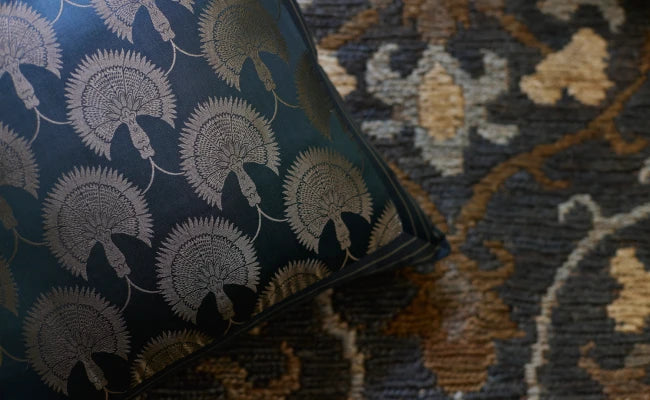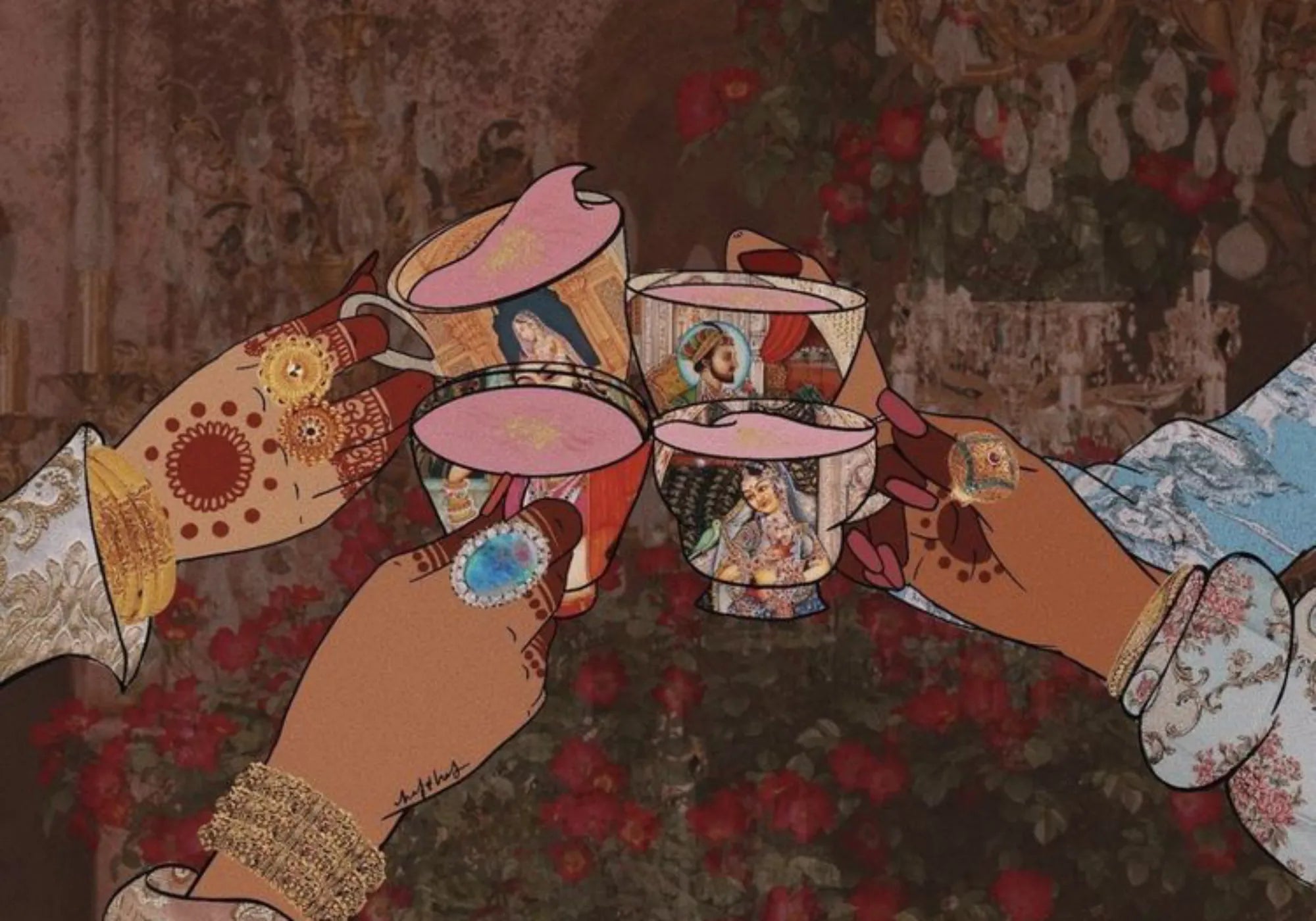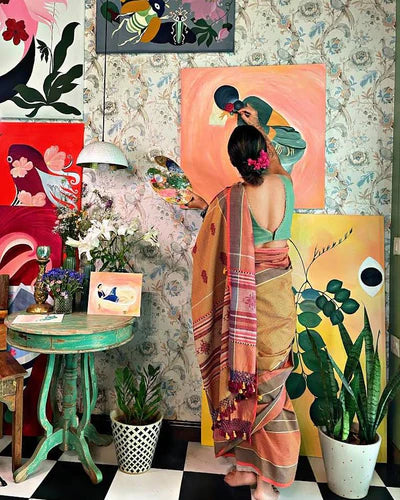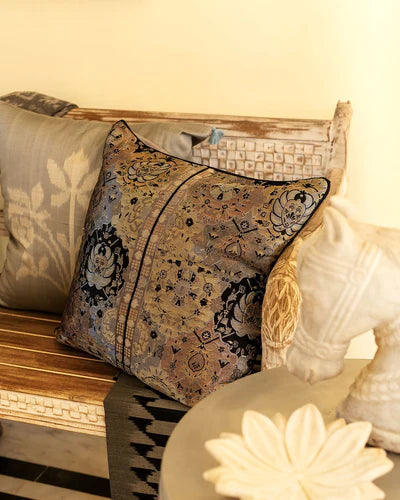
Mehmaan Nawazi | The Art of Hosting
“Mehman Nawazi is a tradition to nurture as it is of immense heritage value, which we feel is akin to how we wish to preserve our textile heritage for generations to come.
The ‘art of hosting’ is limitless in spirit and in some cases even beyond boundaries.” – Manish Saksena, Lead Advisor, Aadyam Handwoven
One of my favourite memories of being hosted is from the time I briefly visiting Kabul in 2002. My then husband was working with American companies to rebuild Afghan infrastructure decimated by war. One of the locals in his office, Ahmed Karim, invited us for dinner. Knowing that his family was of modest means and had suffered greatly in the war, we weren’t expecting anything lavish. But right from the moment we entered his tiny flat, to the moment we left, we were treated like royalty.
As soon as we were seated, our host appeared on our side with a filigree basin in his hands and a towel on his arm. One of his children poured water for us as we were gently nudged to wash our hands in the basin. We were offered attar to dab on ourselves and elaichi to put in our mouths as we waited for dinner to be served. Next came the elaborate dastarkhwan; a rectangular piece of cloth hand painted with verses from the Quran praising the arrival of guests. The cloth was spread on the floor in Afghan fashion and all of us took seats around it. The main dish was served in a large platter and everyone ate from it together. The side dishes were served in smaller bowls placed around the main platter.

Throughout the meal, our host kept placing the choicest cuts of meat and the juiciest portions of steaming pilaf in front of us. I was amazed at the kind of attention he, along with the rest of the family lavished on us.
While eating I looked around the room and noticed that the room had been freshly decorated with whatever this family of modest means could muster. Fresh fruits in bowls, sweets and dried fruits in glass boxes were placed around the room. The children were all dressed in pretty clothes and I knew they couldn’t have many of those.

After dinner, we were served mint tea in small china cups as is the local custom. The family gathered around us as if we were a wonder they had never witnessed before. We were asked to share stories from our culture and tradition. All of them knew some Hindi and asked us about the latest songs and movies back in India. As we sat chatting way after dinner, I couldn’t help but feel that every conversation, every action that the hosts performed, was for our benefit. As if we were planets in some human solar system and they were satellites gently orbiting around us, never diverting attention from us, not even for a second. For that evening, we were all that mattered. The art of hosting was something each member of the family, from the youngest to the oldest embodied naturally.

I have often thought about that evening almost two decades ago. Each time I have been welcomed into a home and family with the same warmth and fervor, I have wondered what makes people care for a guest with such love and attention? What makes them go beyond what they can easily afford to offer that last piece of bread or their own beds to guests? In our culture one comes across similar warmth and generosity in both rich and poor households, in almost every state of the country. Different cultural traditions add different dimensions to how guests can be made to feel special. It is almost as if the arrival of guests offers us an opportunity to rise above the mundane and aspire to something that is bigger than ourselves.

When I look at it like this, mehmaan nawazi or the art of hosting seems to take the shape of a spiritual practice where we are briefly no longer the locus of our lives. The guest becomes a deity, a special being worthy of all that is materially and emotionally best in us, their presence offering us a window to reach for the skies. We become kings and queens in how we serve and how the other is made to feel.
One could also say that some part of hosting is about displays of wealth and status, especially by the affluent and more so now where every event is also a means to showcase our lives. As the world moves more towards ‘I me myself’ we would like you all to hold on to the romanticism of hosting in the hope that we don’t lose this most precious heritage. Join us as we wait for the first guests to arrive and bless our homes.
Allah mere risk ki barkat na chali jae
Do din se mere ghar koi mehmaan nahi hai
(Allah I fear that the bounty of my earning will vanish
There has been no guest in my home for two days
Urdu couplet by the poet Majid Deobandi)
Blog penned by Reema Ahmad.
Follow Us








Leave a comment
This site is protected by hCaptcha and the hCaptcha Privacy Policy and Terms of Service apply.